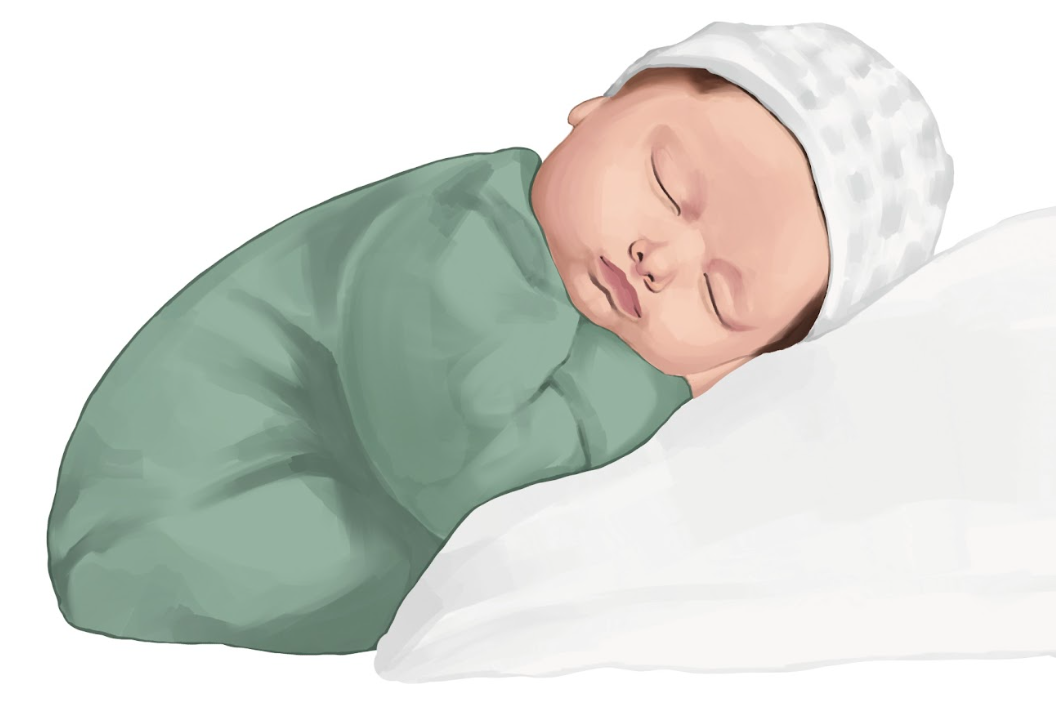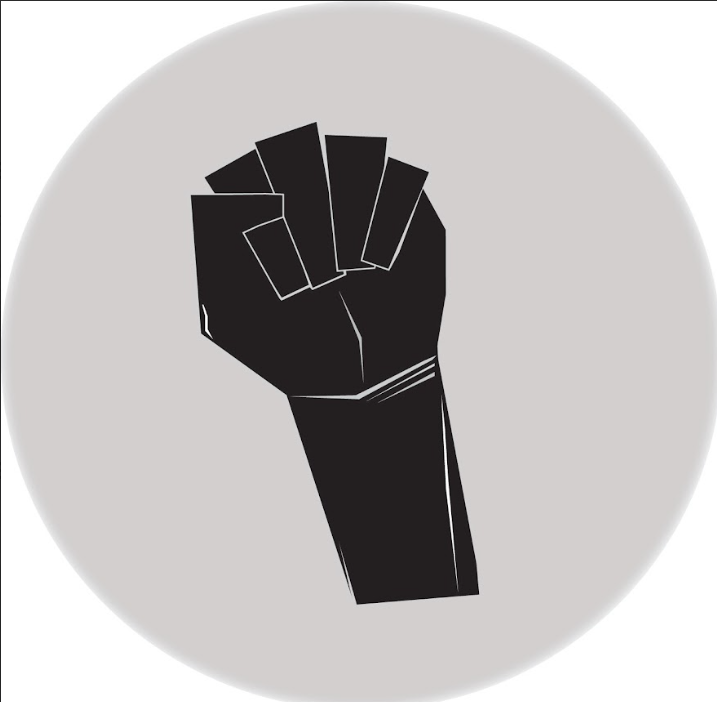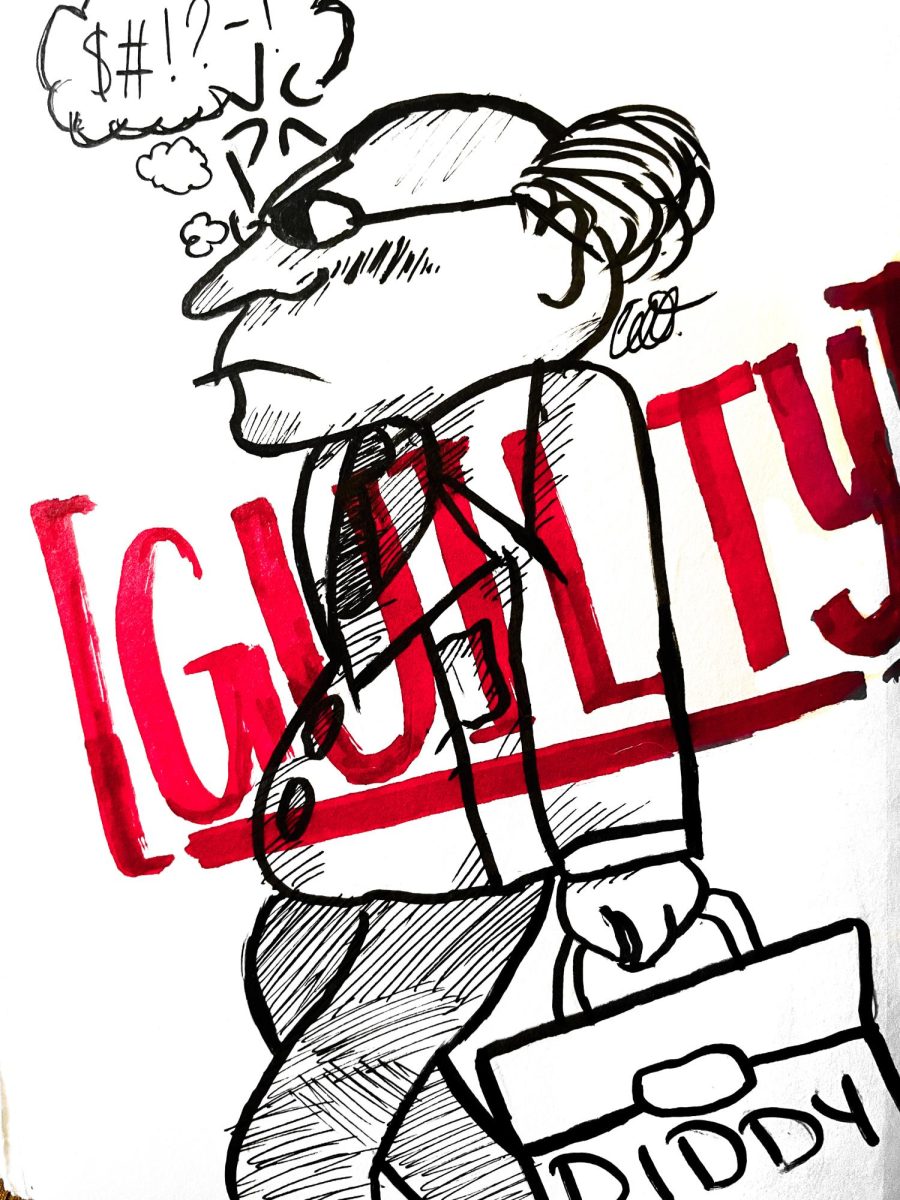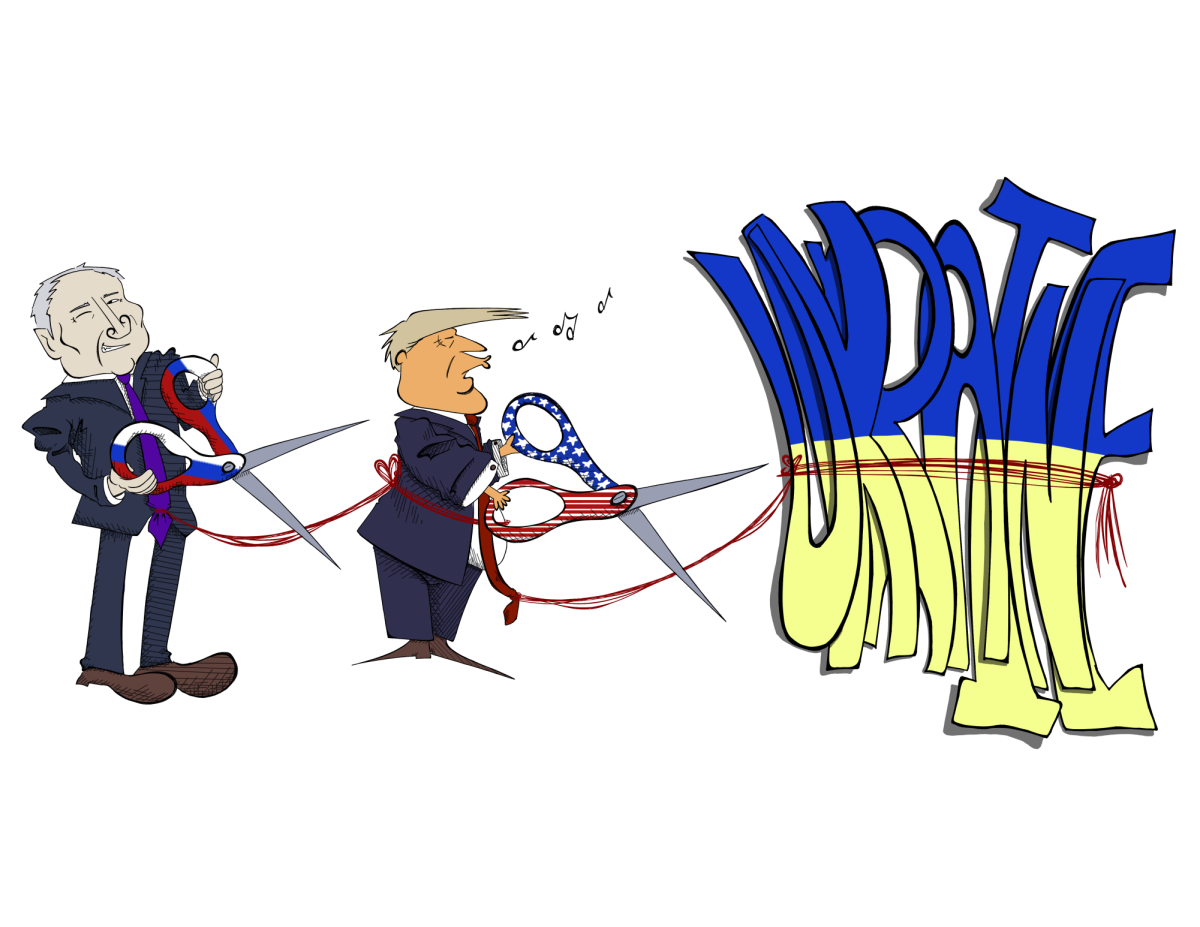Drug use is a complicated and delicate subject. Recreational use of illegal psychoactive drugs are prevalent among Americans, as well as the risk of facing charges for illegal drug use. In a 2015 CDC report, around 1 in 10 people surveyed aged 12 and over had illicit drug use within the past month. There is a case both for and against drug use. This point-counterpoint will examine both sides of the argument.
Recreational psychoactive drug use physically alters the brain. The effect is life changing, but it’s not for the best.
Drugs play tricks on you; they make you think you’re experiencing a better life, and through time, you’ll actually believe it. If you were aware and not so blinded by the drugs, you’d see how worthless they are. Even worse, you might see how worthless you’ve become through your use of drugs.
You might argue that smoking weed doesn’t have a negative effect on the brain – I used to think the same thing. How stupid of me to challenge proven science. I was so blind that I denied the physical effects that weed and other psychoactive drugs have on the brain. I hardly even acknowledged it.
Your eyes don’t magically turn bloodshot red after smoking a joint. That’s a physical change caused by a chemical reaction that happens in your brain, something you’re unlikely to think about when you’re high or if you smoke regularly. Bloodshot eyes will not have adverse effects on the brain, but what causes the red eyes does.
The cause of red eyes is a result of THC, the chemical that gets you high, traveling through the bloodstream into the brain. From there, the THC latches onto receptors in the brain that stimulate the release of dopamine, a chemical the body naturally produces. The dopamine release sends signals to various nerve cells all around the body. This usually makes the user feel high by lowering the blood pressure in the body, which expands the arteries causing the eyes to appear bloodshot red.
Being high is similar to the feeling one gets when they eat something sweet, which also releases dopamine in the brain. The difference is that the dopamine release from drug use is much more intense than the dopamine released from eating sweets. In fact, it’s so intense the brain has to compensate by reducing the number of dopamine receptors in the brain, according to the Genetic Science Learning Center at the University of Utah. This physical change makes the brain less responsive to the drug, which reduces the effect the drug will have on the user further reducing the rewarding feelings one gets from eating sweets, accomplishing goals or anything that involves pleasure.
Pleasure is what we chase. Drugs stimulate pleasure and make us think, feel and act differently. It’s a beautiful thing, but it’s an artificial feeling that won’t last. Pleasure comes from the brain, not from drugs. If you deplete your brain of the pleasure chemical called dopamine by constantly chasing its release, you too will plateau. The next time you think about doing drugs, think about how much of a tolerance your brain has built for them. Are you proud?






